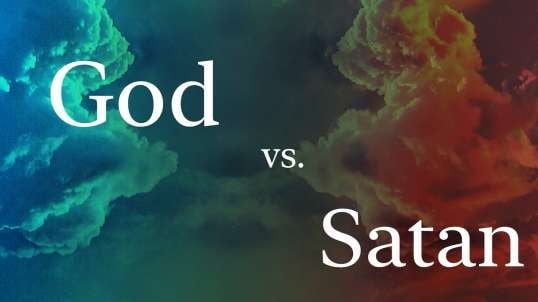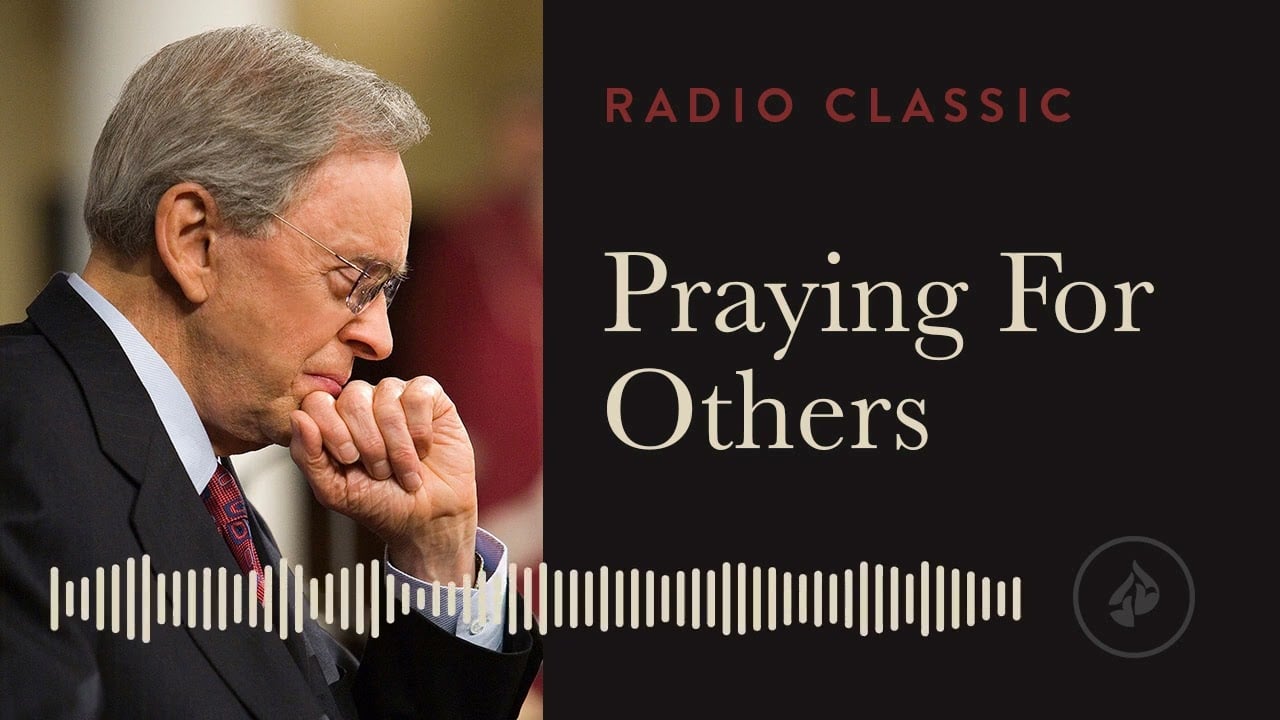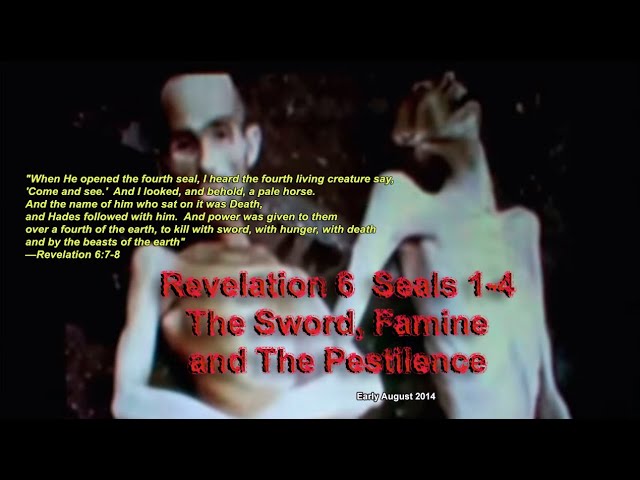Is God in Physics? Fine Tuning Scrutinized
Signup for your FREE TRIAL to The GREAT COURSES PLUS here: http://ow.ly/5KMw30qK17T . Until 350 years ago, there was a distinction between what people saw on earth and what they saw in the sky. There did not seem to be any connection.
Then Isaac Newton in 1687 showed that planets move due to the same forces we experience here on earth. If things could be explained with mathematics, to many people this called into question the need for a God.
But in the late 20th century, arguments for God were resurrected. The standard model of particle physics and general relativity is accurate. But there are constants in these equations that do not have an explanation. They have to be measured. Many of them seem to be very fine tuned.
Scientists point out for example, the mass of a neutrino is 2X10^-37kg. It has been shown that if this mass was off by just one decimal point, life would not exist because if the mass was too high, the additional gravity would cause the universe to collapse. If the mass was too low, galaxies could not form because the universe would have expanded too fast.
On closer examination, it has some problems. The argument exaggerates the idea of fine tuning by using misleading units of measurement, to make fine tuning seem much more unlikely than it may be. The mass of neutrinos is expressed in Kg. Using kilograms to measure something this small is the equivalent of measuring a person’s height in light years. A better measurement for the neutrino would be electron volts or picograms.
Another point is that most of the constants could not really be any arbitrary number. They are going to hover around some value close to what they actually are. The value of the mass of a neutrino could not be the mass of a bowling ball. Such massive particles with the property of a neutrino could not have been created during the Big Bang.
The fine tuning argument also says that the universe must be fine tuned to have exactly the properties that it has. The problem with this statement is that it presumes a narrow definition of life based on on anthropic view of the of the kind that we see on earth. Even if a universe with different constants could not support life as we know it, it does not mean that the laws we have are the only ones conducive to life.
For example, if the strength of electromagnetism was slightly larger or smaller, it would mean that atoms would be slightly smaller or larger, respectively. Atoms could probably still form. Life could probably still exist, but it would just be different.
Most scientists believe that in order to have life in any universe, complex chemistry is necessary because life needs complex bio chemicals. In order to have this kind of chemistry, larger atoms such as carbon, oxygen, nitrogen and iron are required. This means that stars have to live for at least a billion years so that these elements can be forged inside them.
In a 1983 paper, Press and Lightman showed that much of the gross properties of the universe can be estimated from the values of just four fundamental constants - the strengths of the electromagnetic and strong nuclear interactions, and the masses of the electron and proton.
Physicist Victor Stenger did a study in 2000 where he varied these 4 constants to see what the potential universes would look like. He found was that over half the universes would have stars that live at least a billion years.
Another theory says that the constants we have are due to the probability inherent in the laws of quantum mechanics. At the big bang, cosmologists believe that the laws of quantum mechanics became applicable. If this is true, then the wave equation of the universe decoherred or collapsed randomly in such a way that the constants were set from the very beginning. And each universe may have had different initial conditions leading to different sets of constants. If enough universes form, you’re bound to get one with life like ours.
No known principle rules out the existence of multiple universes. In fact, we would need to hypothesize a new principle in physics to rule out all but a single universe.
What looks like fine tuning may really be due to our ignorance of the underlying mathematics that would explain these constants. The sun is not fine tuned for our eyes. Our eyes are fine tuned for the sun. Similarly, the universe is not fine-tuned for humanity. Humanity is fine-tuned to the universe.
#finetuningargument
#doesgodexist
You could argue that if God is not in the constants, then he must be in the laws of quantum mechanics and general relativity. After all, if the universe follows fundamental laws, there must be a law giver. But the problem with this argument is that you are replacing something like the laws of physics that may be eternal, with something else that is eternal but more complicated - God.
God may or may not exist. But he probably would not emerge from the constants of the universe.

Didn't Newton state that he stood upon the shoulders of Homo capensis?... Or was that Einstein or Tesla, hmm...
I bet Karl Marx could say that, as could Albert Pike who is said to have written the Cult's "Morals and Dogma."



















